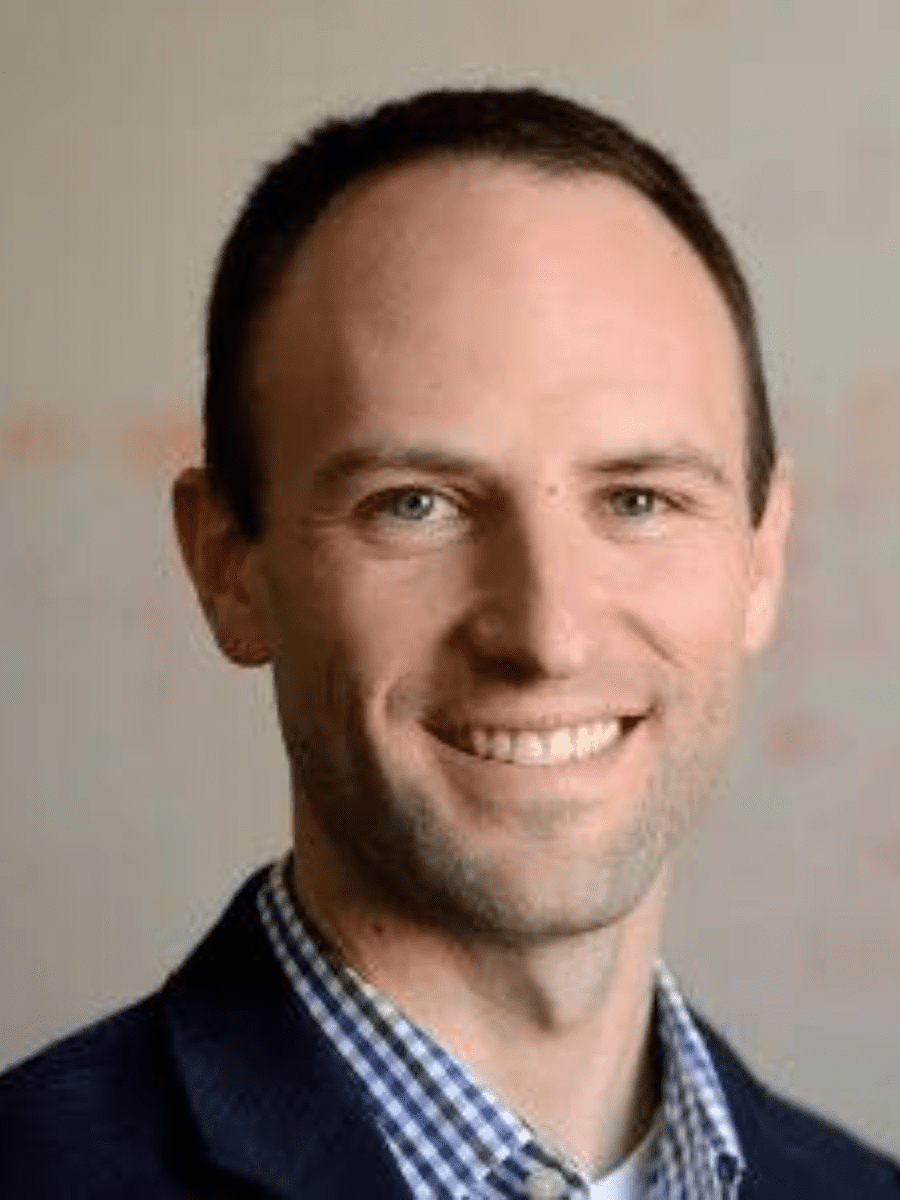Events

- This event has passed.
MICDE / CEE Seminar: Michael D. Shields, Associate Professor of Civil & Systems Engineering at Johns Hopkins University
January 26, 2024 @ 12:00 pm - 1:00 pm
Venue: Johnson Rooms, Lurie Engineering Center, 3rd Floor LEC 3213ABC

Bio: Michael D. Shields is an Associate Professor in the Department of Civil & Systems Engineering at Johns Hopkins University. He holds a secondary appointment in the Department of Materials Science and Engineering, and is a fellow of the Hopkins Extreme Materials Institute. Prof. Shields conducts methodological research in uncertainty quantification (UQ) and probabilistic modeling for problems in mechanics, materials science, and physics with applications ranging from multi-scale material modeling to assessing the reliability and safety of large-scale structures. He received his Ph.D. in Civil Engineering and Engineering Mechanics from Columbia University in 2010, after which he was employed as a Research Engineer in applied computational mechanics at Weidlinger Associates, Inc. He joined the faculty at Johns Hopkins in 2013. For his work in UQ, Prof. Shields has been awarded the ONR Young Investigator Award, the NSF CAREER Award, the DOE Early Career Award, and the Johns Hopkins University Catalyst Award. Prof. Shields and his group also develop the open-source UQpy (Uncertainty Quantification with Python) software, which is a general toolbox and development environment for UQ in computational, mathematical, and physical systems.
UQ for ML and ML for UQ: Why Uncertainty Quantification and Machine Learning Go Hand-in-Hand
Uncertainty Quantification (UQ) and Machine Learning (ML) play an increasingly important role in physics-based computational modeling. Especially with the recent rise of scientific machine learning (SciML) and physics-informed ML, new computational tools are being harnessed to solve bigger and more challenging problems. Moreover, UQ has become an integral part of any physics-based modeling effort because our models, as carefully developed as they may be, are rife with uncertainties (both epistemic and aleatory) in their parameters, inputs/excitations, and sometimes in the form of the models themselves. When SciML methods are then applied in these applications, additional uncertainties are introduced. In this talk, I will broadly introduce the interrelated roles that UQ and ML play in physics-based modeling. I specifically distinguish between “UQ for ML” and “ML for UQ” and describe the important role that each plays in the modern physics-based computational modeling paradigm – demonstrating the role of UQ/ML in various applications of interest ranging from multi-scale materials modeling to high energy-density physics.
The MICDE Winter 2024 Seminar Series is open to all. University of Michigan faculty and students interested in predicting and explaining the properties of materials using computer simulation are encouraged to attend.
This seminar is cohosted by the Michigan Institute for Computational Discovery & Engineering (MICDE) and the Department of Civil and Environmental Engineering (CEE). Dr. Shields will be hosted by Dr. Evgueni Filipov, Associate Professor of Civil and Environmental Engineering.
This is an in-person event.
Graduate Certificate in Computational Discovery and Engineering, and MICDE fellows, please use this form to record your attendance.
Questions? Email MICDE-events@umich.edu